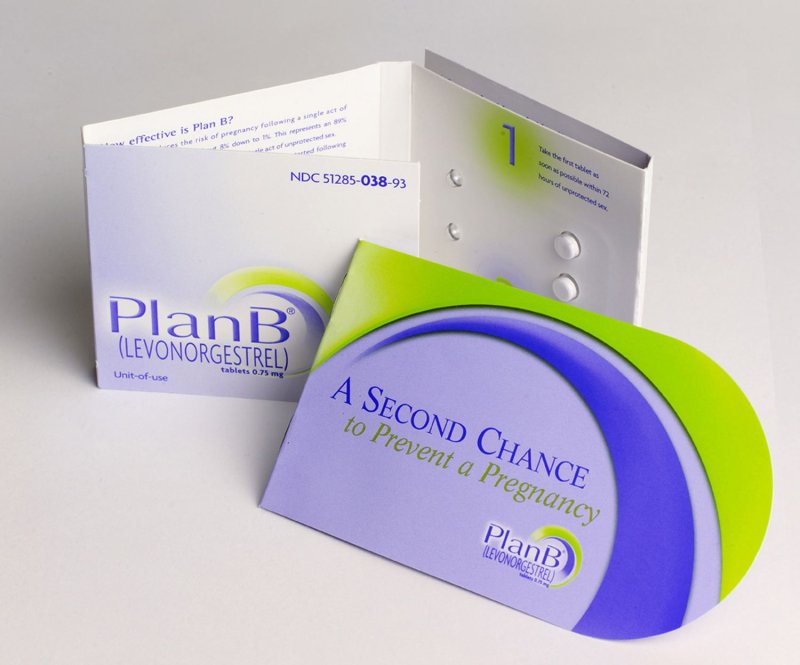'Plan B' made no dent in unintended U.S. pregnancies. (UPI Photo/Handout) |
License Photo
BOSTON, Nov. 30 (UPI) -- The emergency contraceptive pill "Plan B" does not work well in heavier women and may not work at all in women over 176 pounds, U.S. experts say.
Not only has the "morning-after" pill -- which prevents a pregnancy the day after sex, but does not abort a pregnancy -- found to be ineffective in heavier women, it has not brought down the high U.S. rate of unintended pregnancy, WBUR-FM in Boston reported.
Dr. Deborah Nucatola, senior director of medical services at the Planned Parenthood Federation of America, said Plan B hasn't made a dent in the one-half of U.S. pregnancies that are unintended.
The morning-after pill was approved by the U.S. Food and Drug Administration in 1999 and eventually became available to all women of child-bearing years over the counter.
"While there's a lot of data to show it can prevent pregnancy in individual women, we've all been disappointed that on the population level, it just hasn't had the effect we hoped," Nucatola told WBUR. "The unintended pregnancy rate hasn't changed at all."
There are two main theories why, Nucatola said: The women who most need Plan B aren't using it when they are actually at highest risk for pregnancy -- soon after having sex -- or they are not using it effectively.
Enter Plan C -- two more effective methods of morning-after help. Planned Parenthood affiliates nationwide are beginning a new educational campaign called EC4U to educate women and clinical staffs: Paragard, the copper IUD, and "ella," a relatively new pill that uses the hormone ulipristal acetate, rather than the levonorgestrel in Plan B.
Data suggest Plan B has two main weak points. One is weight and one is timing. Plan B's effectiveness appears to drop off quickly after 72 hours. It has an overall effectiveness rate estimated at 74 percent and 89 percent.
However, the copper IUD, Paragard, is more than 99 percent effective if inserted within the five-day window, regardless of weight or timing.
"I think it's surprising to a lot of people," Dr. Danielle Roncari, medical director of the Planned Parenthood League of Massachusetts, said. "It's nearly 100 percent effective and it doesn't change in terms of when you get it placed. So if you had unprotected sex one day ago versus four days ago, it's equally effective."
Ella retains its effectiveness better for the full five days, but in overweight women it, too, loses its power when weight gets too high.
The downsides: ella is prescription-only, unlike Plan B, but to have an IUD inserted requires both a prescription and a doctor's appointment for an insertion procedure that could run several hundred dollars, Nucatola said.















